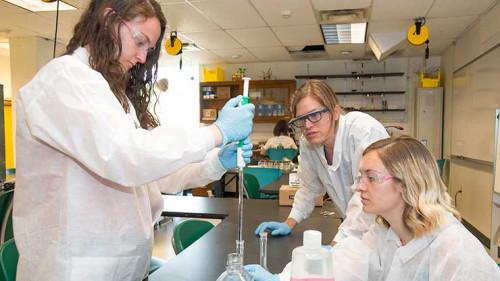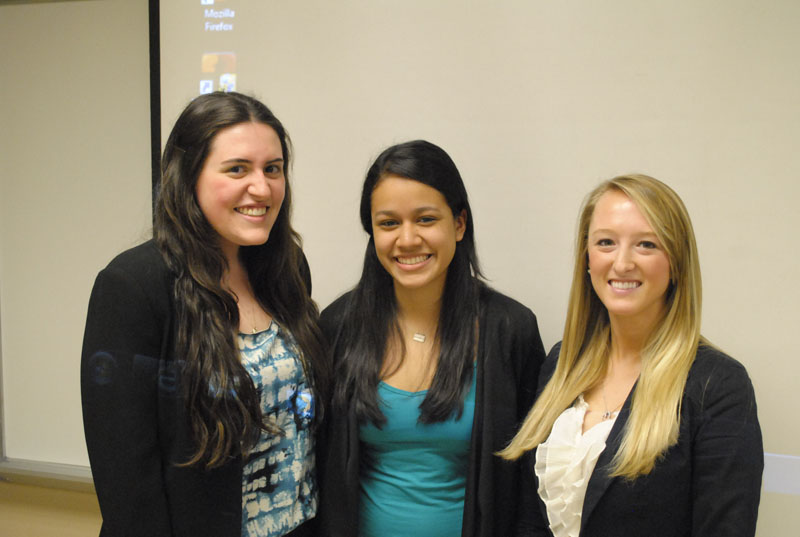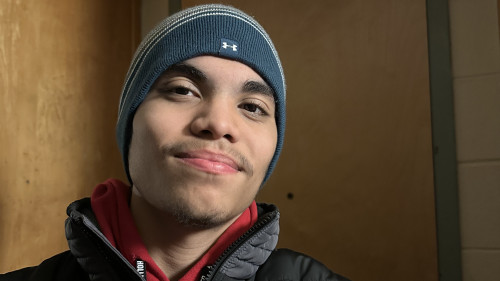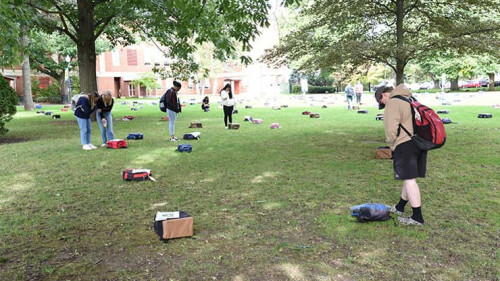

By Eric Guzman '12
As part of this year’s Academic Celebration, nominated first-year students shared their research and defended their findings during Siena's First-Year Seminar Student Conference. More than 30 students gave presentations on a variety of topics including social media influence, genetic modification and domestic violence issues.
“It is absolutely fabulous research that our first-year students are doing,” said Director of the First-Year Seminar Meg Woolbright, D.A. “By having students do this great research as freshman, we are preparing them for continued success during their time at Siena."
Each First-Year Seminar course is guided by a different theme, which allows professors to add unique elements to the course's common curriculum. Some of this year’s themes included “Women,” “Technology and Social Change,” “Public Policy” and “Leadership.” Some of the most interesting presentations focused on the theme of “Philosophy and Monsters.”
In her presentation “It is a Small World After All,” Briana Leo ’15 addressed the issue of obesity in America. Leo discussed the physical and emotional hardships that obese people face in the United States. “We turn obese individuals into monsters, out casting and separating them from other members of society,” explained Leo. “It is up to us to restore humanity and rid society of this idea.”
In her presentation “Same-Sex Marriage: Demands of the Demonized,” Kathryn Thomas ’15 argued that although same-sex marriage may be a deviation from the norm, individuals who love each other should not be labeled monstrous and treated as second-class citizens. Her findings suggested inequality for the homosexual community, but Thomas expressed optimism for future equality. “The open-mindedness of the younger generation gives a hope that there will be a place for homosexuality in our society in the future,” Thomas said.
The First-Year Seminar is a year-long, writing-intensive course taken sequentially during a student’s first-year at Siena. It is designed to prepare students for the academic rigor of college. The class size is limited to 19 students and the course is structured along a learning community model. Careful reading, class conversation and thesis-driven essays are valued. The course promotes student engagement, innovative learning and high-impact educational practices that bring to life the goals of the College’s new strategic plan: Living Our Tradition.

